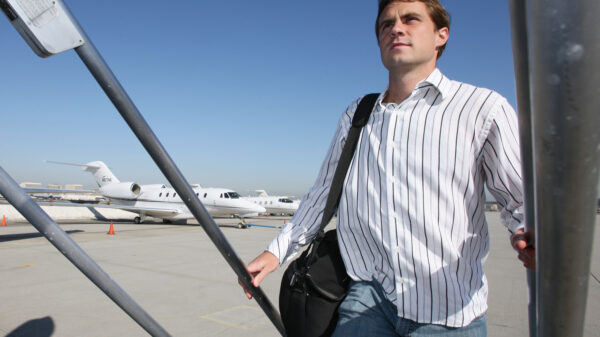The Sligo Baroque Music Festival is set to commence on September 26, 2023, with a concert titled “Corelliana” performed by the Vespres d’Amadi Baroque Orchestra, led by conductor Dani Espasa. The festival, held at St. John’s Cathedral in Sligo, Ireland, celebrates baroque music across various forms, including opera, and aims to attract a diverse audience.
Established in 1995 by baroque music enthusiast Rod Alston, the festival has significantly evolved over nearly three decades. Sligo, a picturesque city located on the Wild Atlantic Way, boasts a rich cultural heritage, notably linked to the poet W.B. Yeats. While the festival started as a modest event, it has grown to become a notable fixture in Ireland’s classical music scene, continuing to operate even during the challenges posed by the pandemic.
In an insightful discussion, Nicola Cleary, who recently stepped down as artistic director after five years, elaborated on the journey of the festival. Cleary, originally from Dublin and a trained classical violinist, took over leadership from Alston in 2019. She emphasized the festival’s commitment to inclusivity and fostering community engagement, stating, “One of my motivations was to make it a festival for everybody.”
The festival has made strides in expanding its offerings, including the introduction of opera performances. In 2023, it showcased Händel’s “Acis and Galatea” and Purcell’s “The Fairy Queen”, both of which were well-received by audiences. This year, the festival takes a unique turn with the presentation of “Murder at Midnight,” a community youth opera created and performed by local young people aged 12 to 17.
Cleary explained the collaborative approach to this production, which involves mentorship from experts while allowing the youth to take the lead. “It is their opera! We guide them, but they make the decisions,” she noted. This innovative project reflects the festival’s dedication to engaging the local community and nurturing young talent.
As the festival unfolds, it will feature an array of concerts and workshops. Highlights include performances by the Woodpeckers Recorder Quartet from Sweden and a talk by harpist Siobhan Armstrong. The festival will culminate in a gala concert, featuring Vivaldi’s “Gloria,” a project spearheaded by Cleary’s successor, Sharon Carty. Carty aims to enhance the vocal elements of the festival and plans to develop a festival chorus involving local singers.
Cleary expressed optimism about the festival’s future, stating, “We are always looking at ways to develop, and Sharon has many ideas on how to proceed.” The commitment to providing quality music and engaging programming remains a central tenet, ensuring that the Sligo Baroque Music Festival continues to thrive within the community.
With a rich program designed to attract a wide audience, the festival promises to be a vibrant celebration of baroque music that resonates with both local residents and visitors alike. As the opening concert approaches, anticipation builds for what this year’s festival will bring to the cultural landscape of Sligo.






































































